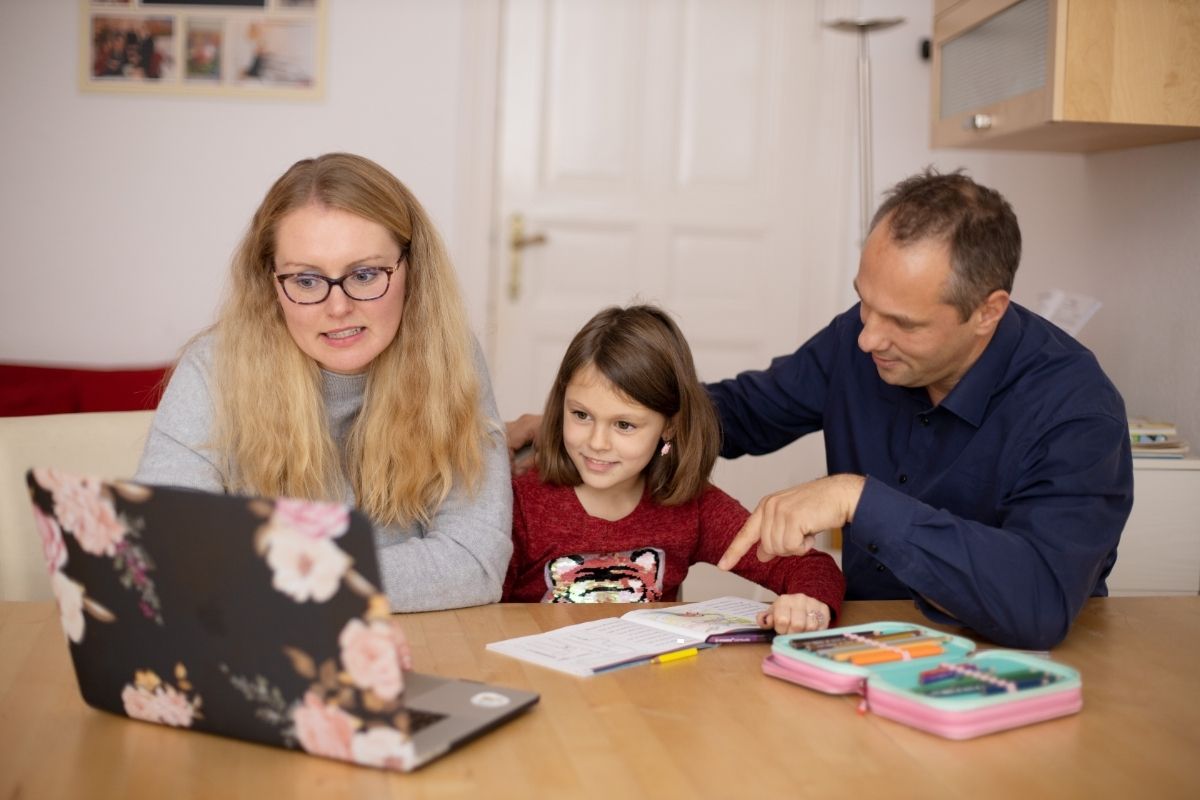Authors: Lawrence Fisher, Russell E Glasgow, Joseph T Mullan, Marilyn M Skaff, William H Polonsky
Abstract
Purpose: Previous research has documented that diabetes distress, defined as patient concerns about disease management, support, emotional burden, and access to care, is an important condition distinct from depression. We wanted to develop a brief diabetes distress screen instrument for use in clinical settings.
Methods: We assessed 496 community-based patients with type 2 diabetes on the previously validated, 17-item Diabetes Distress Scale (DDS17) and 6 biobehavioral measures: glycated hemoglobin (HbA(1c)); non-high-density-lipoprotein (non-HDL) cholesterol; kilocalories, percentage of calories from fat, and number of fruit and vegetable servings consumed per day; and physical activity as measured by the International Physical Activity Questionnaire.
Results: An average item score of > or =3 (moderate distress) discriminated high- from low-distressed subgroups. The 4 DDS17 items with the highest correlations with the DDS17 total (r = .56-.61) were selected. Composites, comprised of 2, 3, and 4 of these items (DDS2, DDS3, DDS4), yielded higher correlations (r=.69-.71). The sensitivity and specificity of the composites were .95 and .85, .93 and .87, and .97 and .86, respectively. The DDS3 had a lower sensitivity and higher percentages of false-negative and false-positive results. All 3 composites significantly discriminated subgroups on HbA(1c), non-HDL cholesterol, and kilocalories consumed per day; none discriminated subgroups on fruit and vegetable servings consumed per day; and only the DDS3 yielded significant results on the International Physical Activity Questionnaire. Because of its psychometric properties and brevity, the DDS2 was selected as a screening instrument.
Conclusions: The DDS2 is a 2-item diabetes distress screening instrument asking respondents to rate on a 6-point scale the degree to which the following items caused distress: (1) feeling overwhelmed by the demands of living with diabetes, and (2) feeling that I am often failing with my diabetes regimen. The DDS17 can be administered to those who have positive findings on the DDS2 to define the content of distress and to direct intervention.


